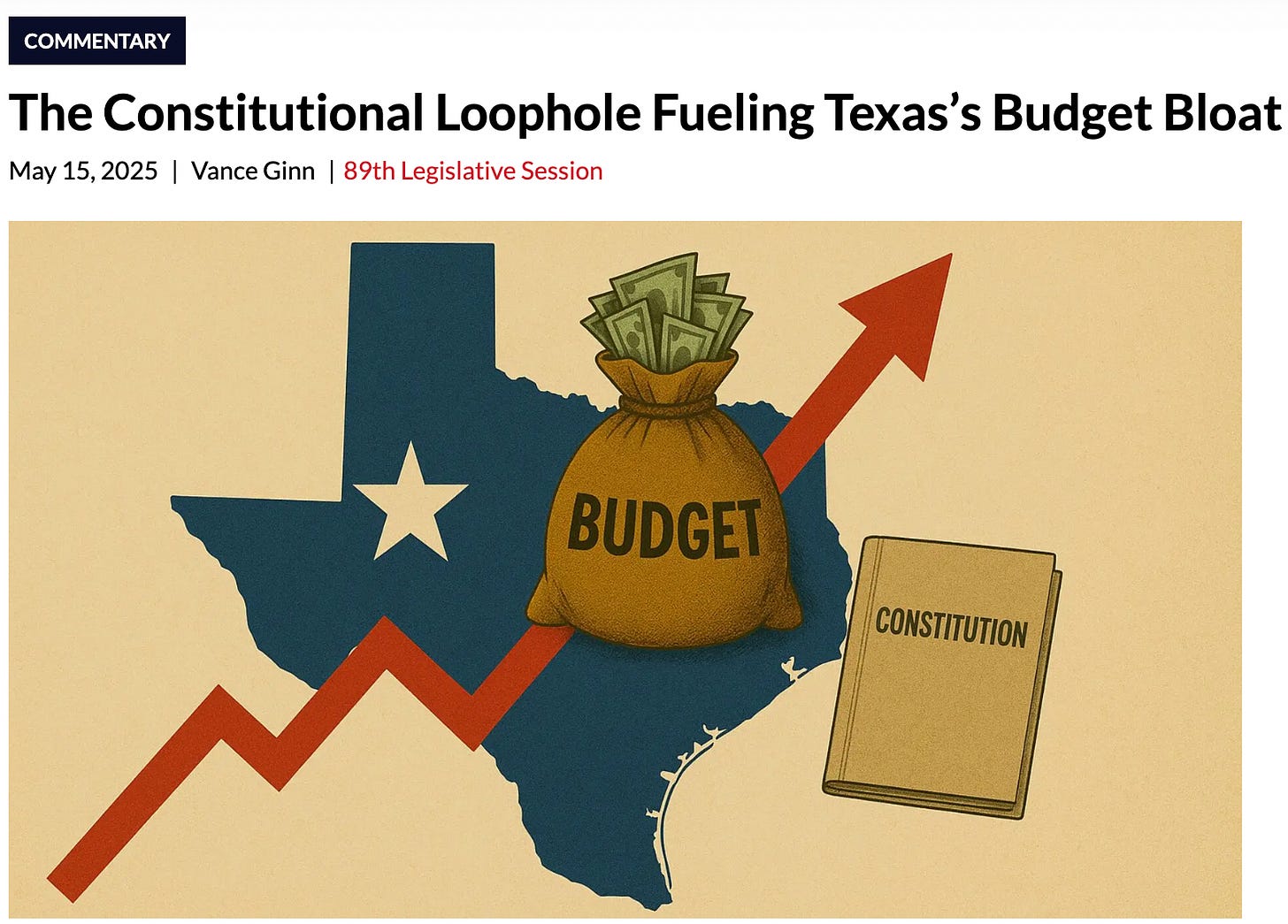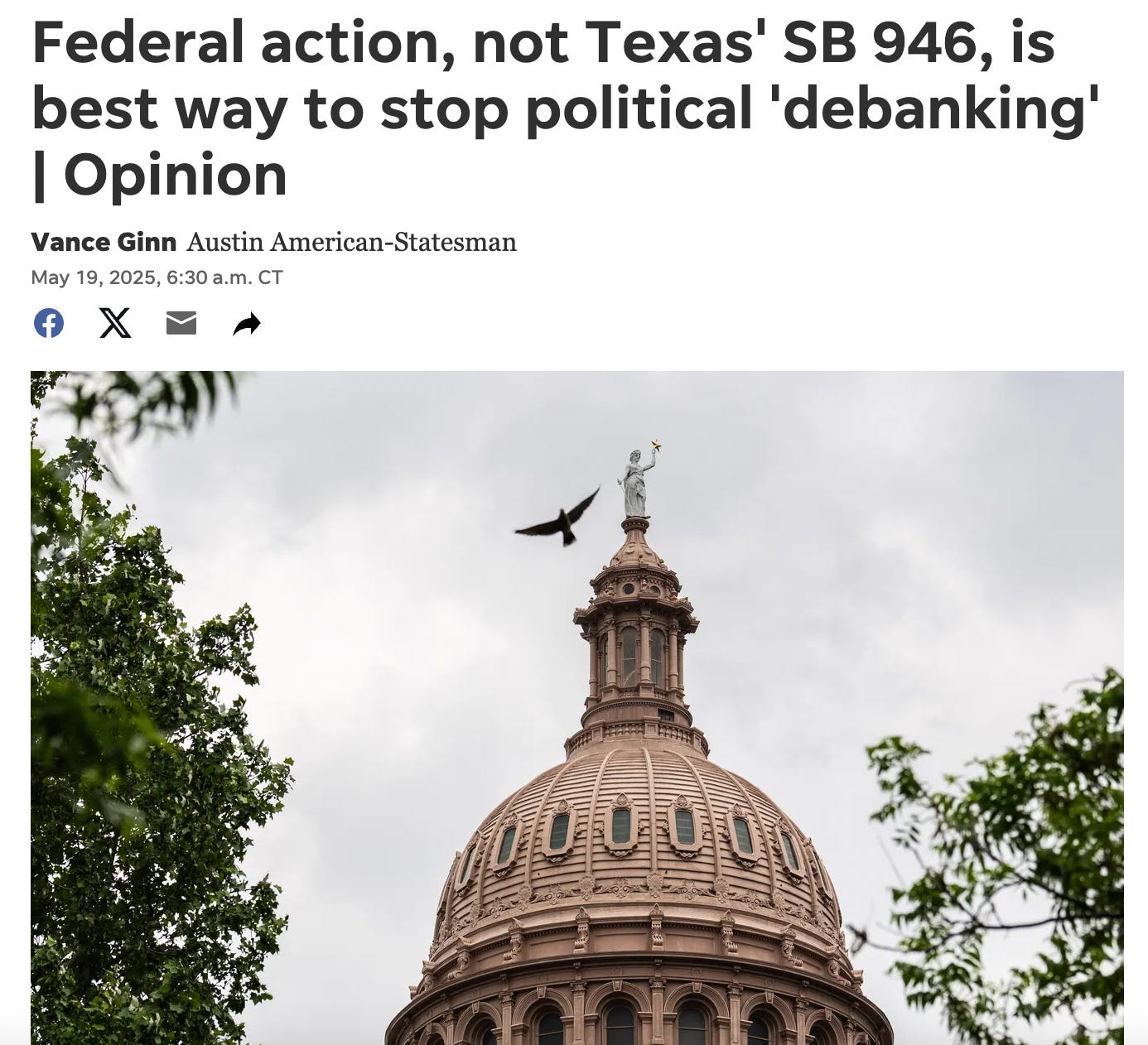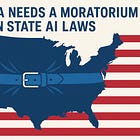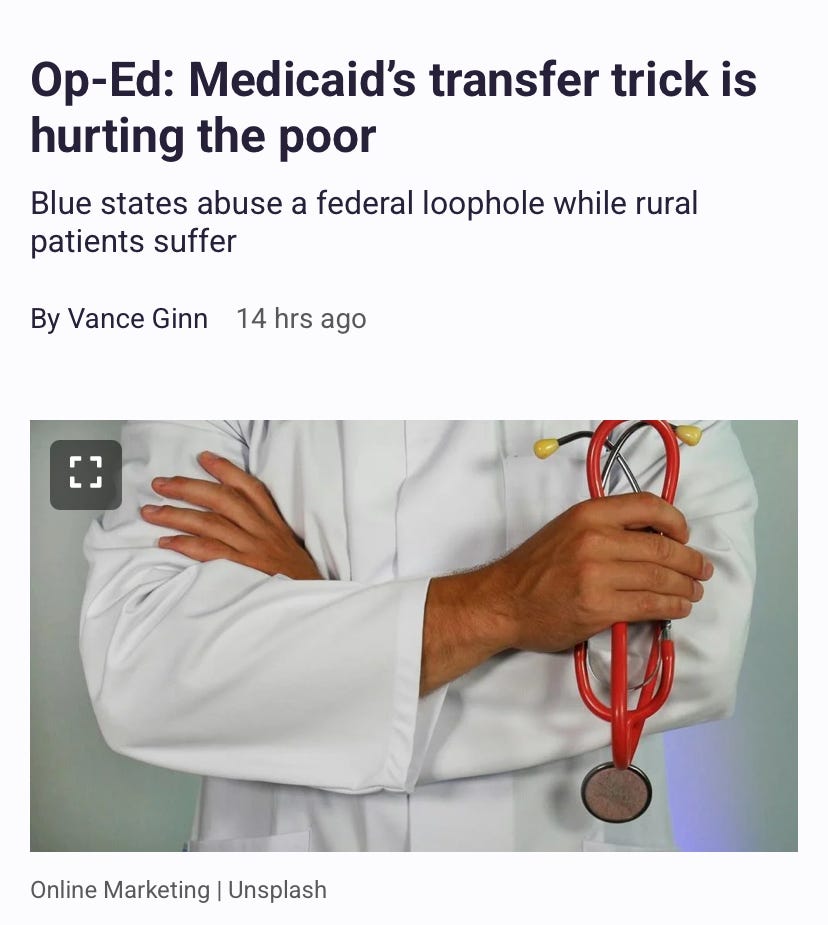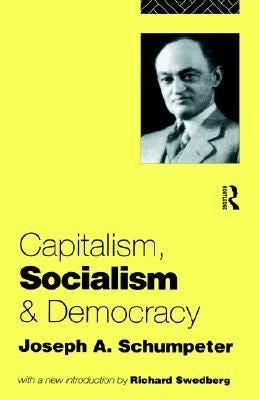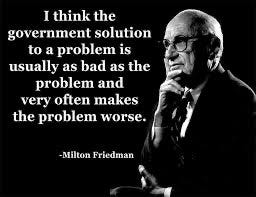Celebrating Abundance and Calling for Restraint | Prosperity Pulse #19
A round-up of my recent commentary on the One Big Beautiful Bill, limited government, health care reform, and more...
Hello Friends!
I’m writing after returning from a fantastic event in Washington, D.C., hosted by the Abundance Institute—a celebration of its first year advancing bold ideas for America’s future.
The gathering featured compelling AI and energy policy conversations, with insights from some awe-inspiring speakers.

It was especially interesting to be in D.C., just ahead of the passage of the One Big Beautiful Bill. While there’s a lot to like—especially the extension of the Trump tax cuts and full expensing, which I strongly support for their role in driving long-term investment and productivity—the bill still falls short where it matters most: spending discipline.
Rising debt and inflation will undermine even the best pro-growth tax policies without meaningful fiscal reform. America urgently needs pro-growth policies, but they must be paired with spending restraint to be truly sustainable. It's time to return to first principles: less spending, more freedom, real growth.
During my recent trip, I shared some of my reflections on the bill in front of the White House.
If you’ve been thinking about subscribing, I’d love to have you join us. Your support helps advance the cause of economic freedom and lasting prosperity!
Highlights from This Month
1. Getting to Smarter Spending and Taxation
Federal and state overspending cost Americans a staggering $2.5 trillion in just one year—money that could have gone toward retirement savings, mortgage payments, your child’s education, or reducing the national debt. In a recent piece, I outline real solutions to bring this runaway spending under control.
Nick Craig and I recently discussed Moody's long-overdue downgrade of the U.S. credit rating—the first in decades. It’s a clear sign of the consequences of unchecked bipartisan spending and a wake-up call to finally take fiscal discipline seriously.
As I told Reason Magazine, getting serious about spending means addressing the main drivers of our national debt—particularly mandatory spending, which continues to grow without sufficient oversight.
In a quote at The Daily Signal, I highlight just one of many examples of wasteful spending that could be eliminated.
On the state level, South Carolina is making significant progress toward meaningful tax reform. In my article for the South Carolina Policy Council, I discuss this promising development and explain how it positions the state as a potential leader in economic competitiveness.
Conversely, Texas was presented with a golden opportunity: a $24 billion surplus. It could have been used to deliver real property tax relief, reduce debt, or shrink the size of government. Instead, as I write at Texans for Fiscal Responsibility, lawmakers approved a bloated $336 billion budget.
I also spoke with Woodlands Online about Texas’ failure to provide meaningful property tax relief—a major missed opportunity for taxpayers.
Meanwhile, a large portion of the state budget in Kansas operates on fiscal autopilot. At the Kansas Policy Institute, I explain how this inertia fuels unchecked government growth, leaving taxpayers to bear the cost.
2. We Need Limited Government, NOT Expansion
Rather than trusting markets and individual liberty, Washington drifts toward industrial policy, central planning, and populist redistribution schemes. It’s time to return to the principles of classical liberalism: free enterprise, voluntary exchange, sound money, property rights, and constitutionally limited government.
I recently wrote about the Techno-Industrial Policy Playbook from American Compass, which rebrands industrial policy and calls for deeper federal economic intervention. It claims to offer solutions to problems supposedly caused by free markets, but the truth is the opposite. It wasn’t capitalism that failed us—it was government overreach.
3. Avoid Misguided Regulation
Texas Senate Bill 946 is a misguided attempt at regulation that risks harming the very consumers and community banks it claims to protect. In my op-ed for the Austin American-Statesman, I urge conservatives to resist the temptation to regulate out of frustration. Instead, Texas should allow the critical work already underway in Washington to proceed—efforts to restore trust and stability to the financial system.
When fear drives regulation, freedom pays the price. We must stop this regulatory land grab. Now is the time to ensure that the future, especially in AI, is shaped by people and innovation, not buried under political overreach.
4. Helping America’s Hurt Health Care
Washington continues to build a health care system that serves bureaucrats, not patients. Pharmacy benefit managers aren’t the core problem—bureaucracy is. I break it down in my latest piece for Blaze Media.
One of the most glaring abuses of the Medicaid program is the intergovernmental transfer loophole. Blue states funnel billions in federal dollars through this scheme by making “paper payments” via public hospitals or local government entities. These funds are then recycled to draw down even more federal matching dollars, often without any meaningful increase in services. In my piece for The Center Square, I explain why this exploitation underscores the urgent need for comprehensive Medicaid reform.
What I’m Learning
Wall Street Journal: Austin’s tech sector is experiencing one of the most severe talent drains to the coasts.
Americans for Tax Reform: What pro-growth tax cuts for families and businesses are included in the One Big Beautiful Bill? Here's an excellent summary.
Economic Forces: A clear and compelling explanation of why prices matter—and the risks of imposing price controls.
Competitive Enterprise Institute: Jessica Melugin argues for a ten-year moratorium on state-level AI regulations to help the U.S. maintain an edge over China.
City Journal: Judge Glock offers a thoughtful analysis of how the Inflation Reduction Act may impose long-term economic costs.
View from the Wing: Following L.A.’s tentative approval of a $30/hour minimum wage for hotel and airport workers, businesses have already begun cutting jobs and shelving projects.
RealClear Markets: Paul Winfree outlines why pairing pro-growth policies with fiscal discipline is essential.
International Liberty: Dan Mitchell reminds us—profits are not the enemy!
Paragon Health Institute: This is an excellent explainer video on how Medicaid provider taxes function as legalized money laundering, shifting significant costs to the federal government.
The Daily Economy: Strong arguments for setting limits on local control.
Debunking Degrowth: Tariffs hurt small businesses and consumers the most—especially those without the political clout to secure exemptions.
Tax Foundation: A vital reminder that shifting taxes isn’t the same as true tax reform—two Montana property tax bills fall short.
Forbes: Patrick Gleason examines the push to end taxpayer-funded lobbying in Texas—an idea with strong political support.
Reason Magazine: Jennifer Huddleston’s excellent piece highlights how the remedies in the Google antitrust case may harm consumers.
Wall Street Journal: Thanks to Rep. Chip Roy and the Freedom Caucus, the One Big Beautiful Bill advanced in a stronger form than initially proposed.
Books I’m Reading:
Schumpeter’s Capitalism, Socialism, and Democracy gets a 5-star review from me! I recently finished reading it and highly recommend it to anyone interested in economic thought. In this classic, Schumpeter introduces his influential concept of creative destruction—a process that remains just as relevant today, especially with the rise of transformative technologies like AI. More than 60 years after its publication, the book still offers powerful insights into the dynamics of innovation and economic change.
Let People Prosper Show Podcast
The Let People Prosper Show features deep discussions on hot topics:
Episode 149 (Thursday):
What do the American Revolution, free trade, and the fragility of global supply chains have in common? Listen to Austin Petersen, former presidential candidate, liberty advocate, and media entrepreneur, explain how understanding our nation’s founding principles and sound economics is critical to restoring freedom and prosperity.
Episode 150 (Next Thursday):
What does it mean to be a conservative in the 21st century—and how do we bridge liberty with virtue? John Hood, president of the John William Pope Foundation and a leading voice behind the Freedom Conservatism movement, and I unpack the foundations for prosperity in a free society in this milestone 150th episode of the Let People Prosper Show.Did you miss This Week’s Economy episode 112?
Quote of the Week
Bible Verse of the Week
Thanks for aiding my mission in promoting economic freedom and prosperity. I hope this edition of Prosperity Pulse keeps you informed, inspired, and ready for the week ahead. Please subscribe and share this newsletter with your family and friends.








